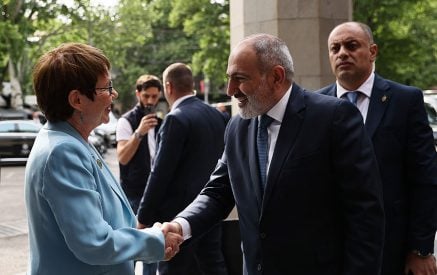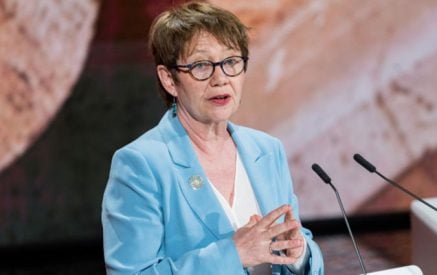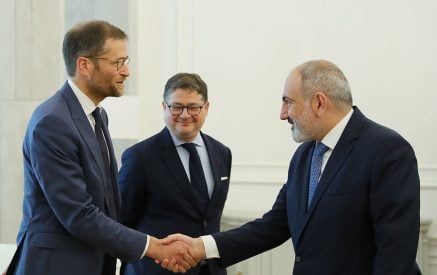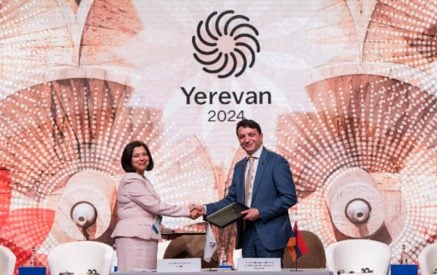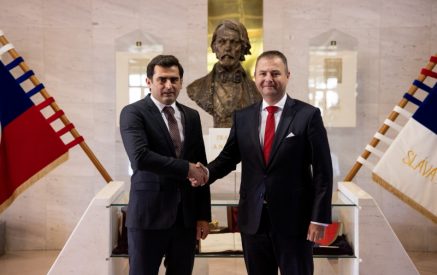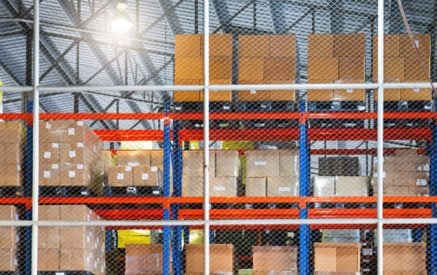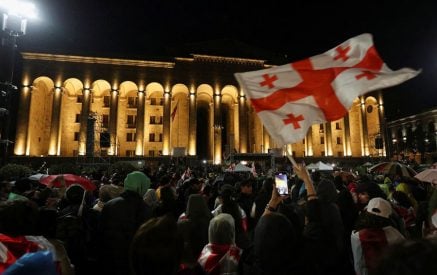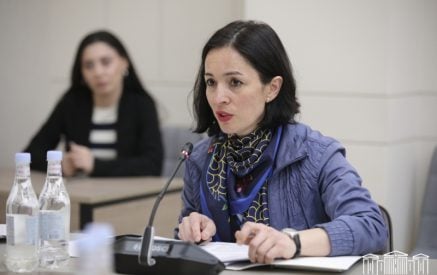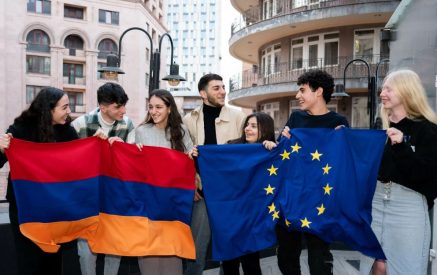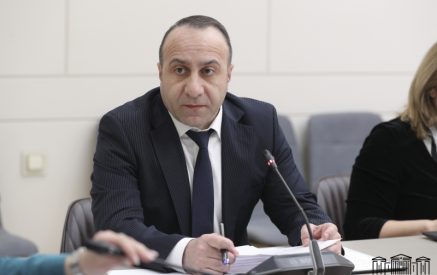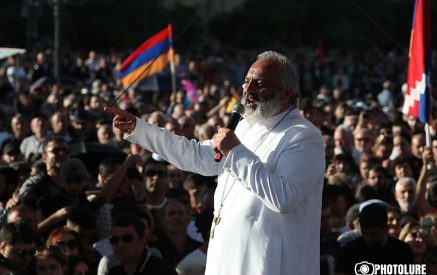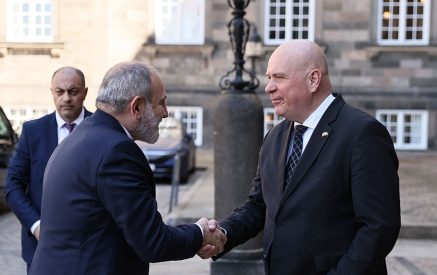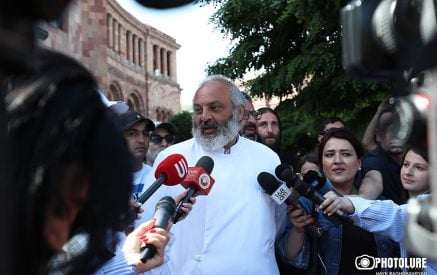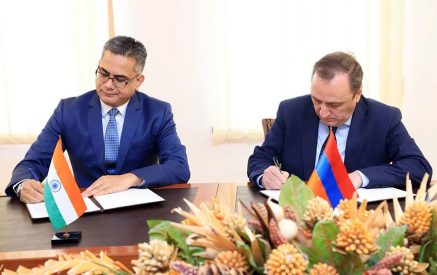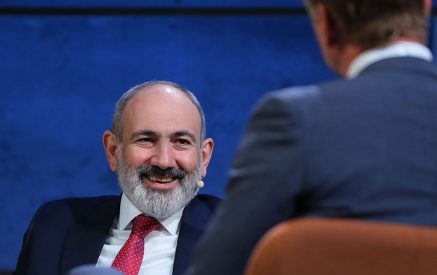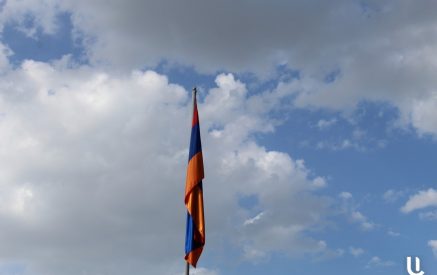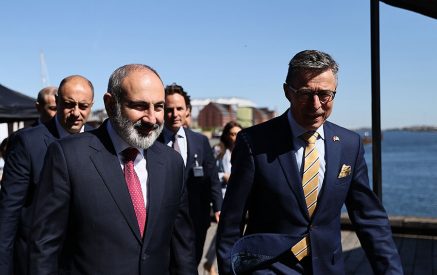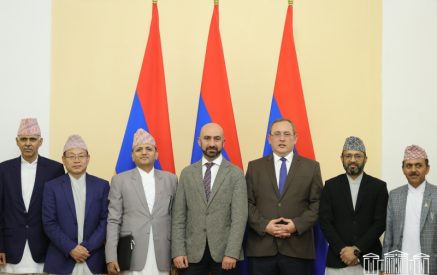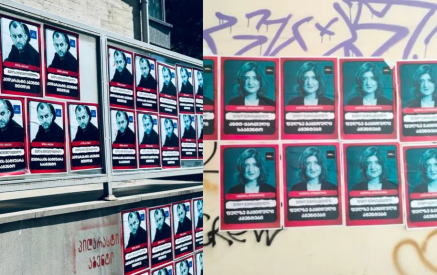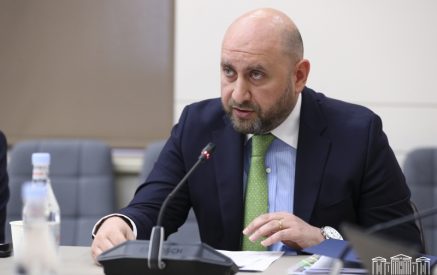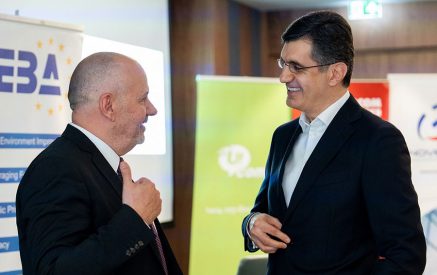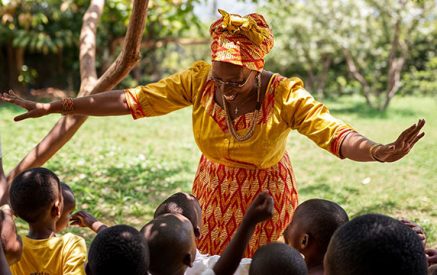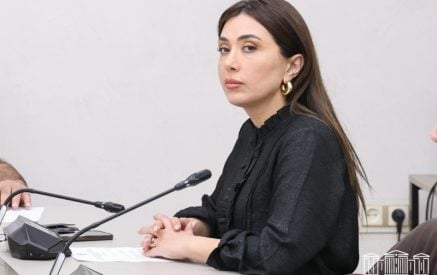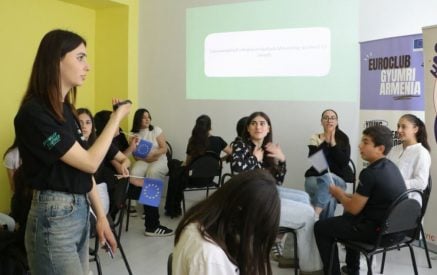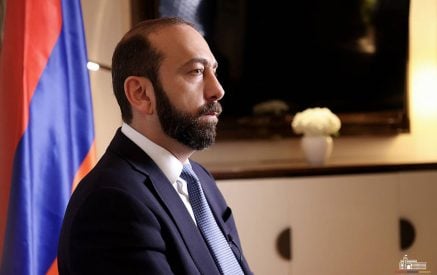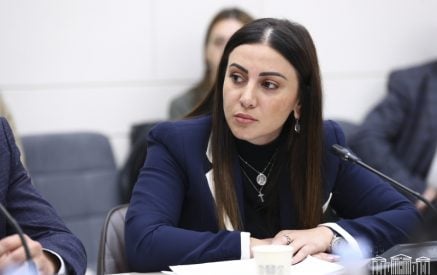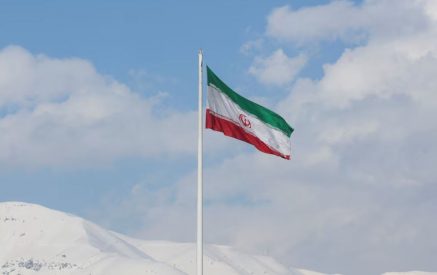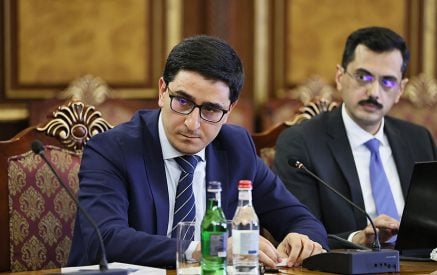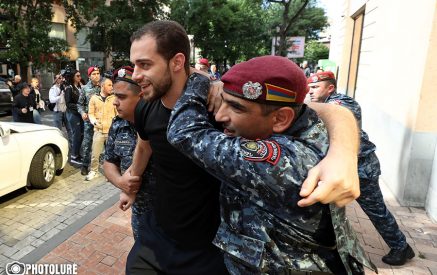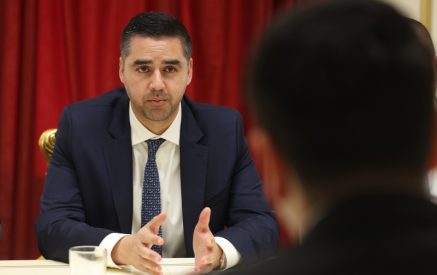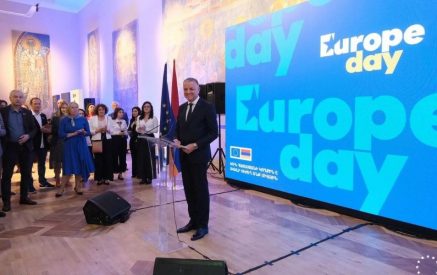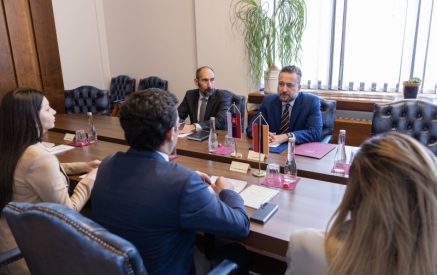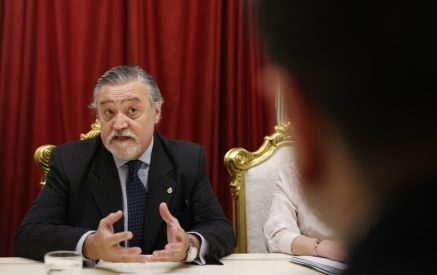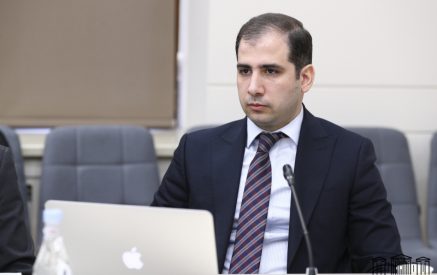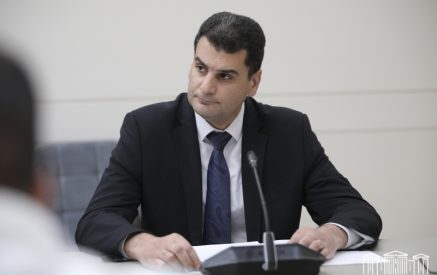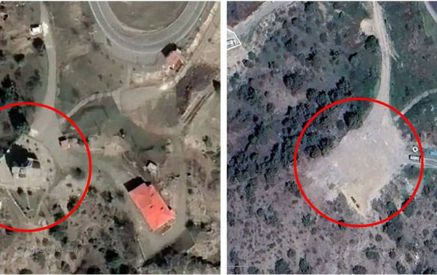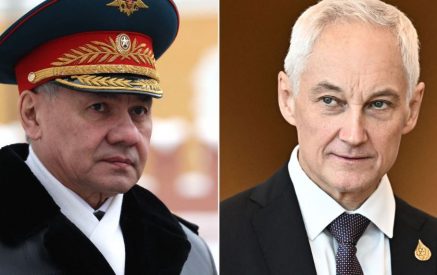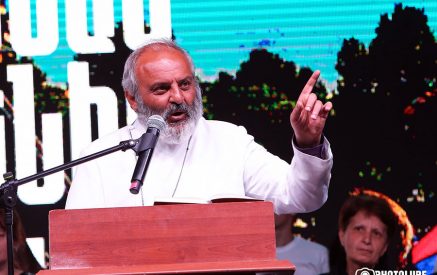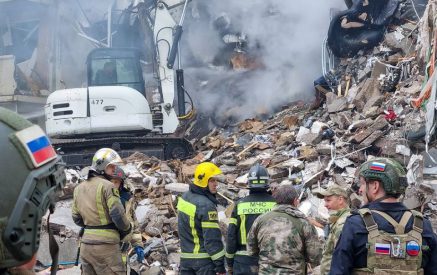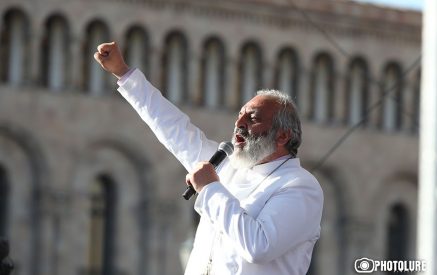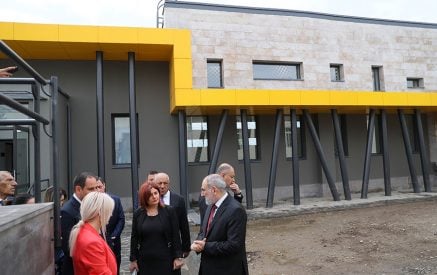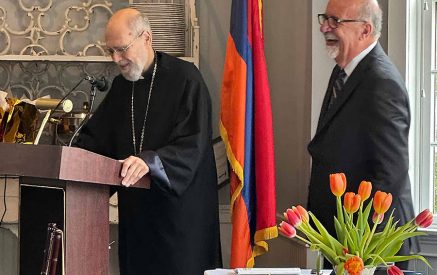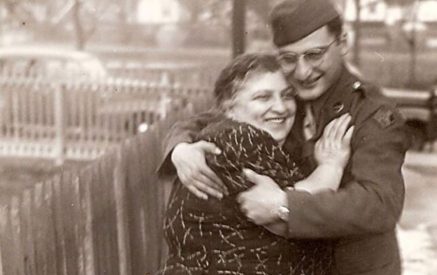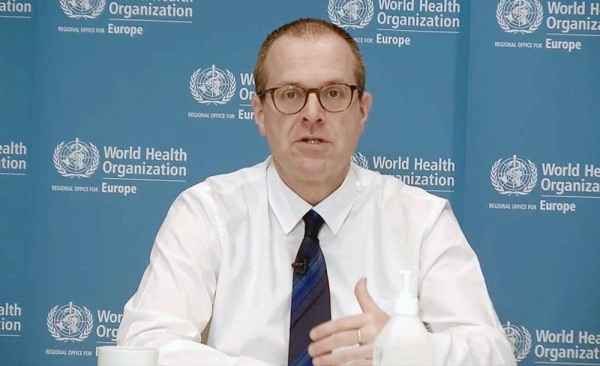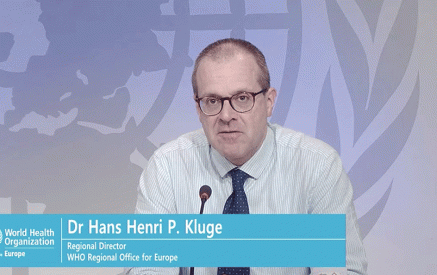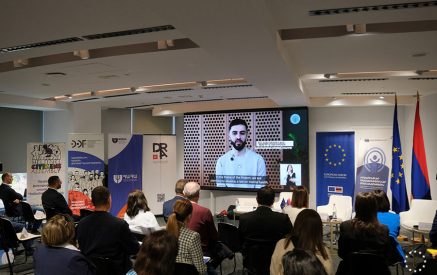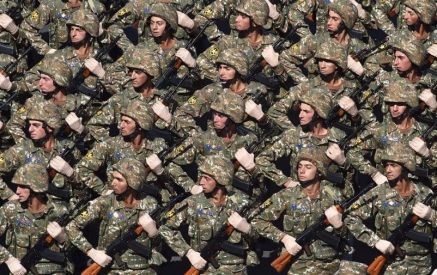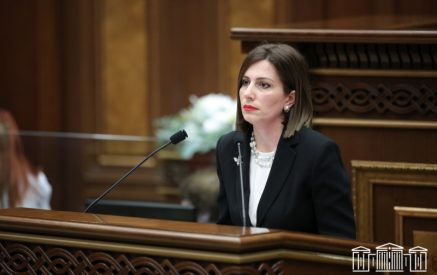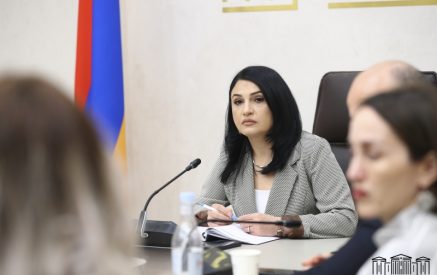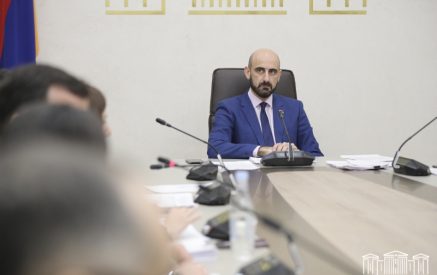COVID-19 update: Statement by Dr. Hans Kluge, WHO Regional Director for Europe
19 November 2020
There have now been over 15.7 million COVID-19 cases and nearly 355 000 deaths reported to WHO, with over 4 million more cases in November alone, in the WHO European Region. Europe accounts for 28% of global cases and 26% of deaths, cumulatively. In the Region, over 80% of countries are reporting elevated 14-day incidence rates (greater than 100 per 100 000 population), with nearly a third reporting very high 14-day incidence rates of greater than 700 per 100 000 population.
As a result, we are seeing increasing signals related to overwhelmed health systems, with reports that in France, for example, intensive care wards have been at over 95% capacity for 10 days, and in Switzerland, intensive care units are at full capacity. Outbreaks in schools, in long-term care settings and at gatherings are also being reported.
In the past 2 weeks, COVID-19 deaths have increased by 18%. Last week, Europe registered over 29 000 new COVID-19 deaths. That’s 1 person dying every 17 seconds in the European Region from COVID-19.
Read also
I would like to emphasize that every time we choose to follow guidance, stop the spread of misinformation or address denial, we contribute to preventing lives lost due to COVID-19. Right now, an average of 4500 lives are lost to COVID-19 in Europe every day. This is avoidable.
If we all act, and the most privileged of us make an extra effort, we can make an impact. Thanks to your adherence to risk-reducing behaviour, new weekly cases of COVID-19 decreased from over 2 million the week before last to approximately 1.8 million cases last week. It’s a small signal, but it’s a signal nevertheless.
Those of you with the strength and ability to do so, I urge you to continue to step up to the challenge our society and way of life are faced with. Your country, community, family and friends need you like they have never needed you before.
Health and social workers, whom we rely upon to help protect our senior members of society, are under immense pressure. They, and their families, are making huge sacrifices. They need you like never before, to act responsibly and to support them through the tough season ahead. In all, I firmly believe that there is more hope ahead of us than despair behind us.
Three points today:
First, if we all do our share, lockdowns are avoidable. I stand by my position that lockdowns are a last-resort measure. Mask use is by no means a panacea, and needs to be done in combination with other measures; however, if mask use reached 95%, lockdowns would not be needed. But, at mask-use rates of 60% or lower, it is hard to avoid lockdowns.
We acknowledge that hundreds of millions of people are in some kind of lockdown, but we have learned that there is significant collateral damage associated with lockdowns, including increased mental health issues, alcohol and substance abuse, gender-based violence, essential service disruption and a need for improved economic support for the people affected, including those people who lose their jobs.
We are aware of the technical and the political difficulties of resorting to such measures. Too often we have seen the negative impact of “easing too quickly” following an understandable will among policy-makers to free the public from periods of stringency. Too often we have also seen how much these short political gains are quickly offset by the devastating impact of having to reinstall mandates shortly after they are eased.
I am encouraging a tier system based on levels of seriousness of community transmission, with a set of proportionate measures that could be considered under each tier. This can better situate governments’ actions along a gradient of severity that can go both ways without ever stalling.
Second, technologies and pharmaceutical developments are offering us a new horizon. While vaccines will not stop COVID-19 entirely and do not answer all of our questions, they do represent a great hope in the war against this virus. In the last few days, we have received good news with 2 particularly promising vaccines. However, this promise will never be realized unless we assure that all countries have access to the vaccine market, that it is delivered equitably, that it is effectively deployed and that countries address pockets of vaccine hesitancy.
It is also essential that we draw on the technologies already at our disposal, protecting our elderly and vulnerable with seasonal influenza and pneumococcal vaccines, for example. Furthermore, the reconfiguration of testing policies for contact tracing, the isolation of cases and suspected cases, the identification of super-spreader events, and the monitoring of high-risk situations through targeted testing and surveillance all offer great returns on mitigating transmission.
Here, our testing strategies need to be recalibrated to manage the largest bulk of transmission, to track cases, to quarantine contacts and to isolate asymptomatic or mild cases. The recent scientific developments in rapid diagnostic tests (the antigen tests) also provide a valuable option to shift the locus of the pandemic battle from hospitals to households, points of care, communities – to put the people in the centre.
Third, looking ahead, we must ensure safe learning for our children and make sure they enjoy the festive season. We possess a wealth of country practices on how to go after the virus without going after the people. We have been able to ensure safe learning for our children by keeping the vast majority of schools open for almost 100 consecutive days.
Tomorrow is World Children’s Day, a day that reminds us to preserve the rights of children amid this crisis. WHO remains firmly committed to supporting the countries of Europe to keep primary schools open and ensure safe learning for all.
Children are not considered primary drivers of transmission and, as such, school closures are not considered to be an effective measure for the control of COVID-19. To those countries considering this course of action, I request that you consider the adverse effects of school closures in terms of educational outcomes and mental and social well-being. Where closures are enacted, we ask that children in vulnerable situations and with special needs be prioritized to receive support and to attend in-person teaching.
And to children particularly: a short note on Christmas and the festive season ahead. It will be a different Christmas, but that does not mean it cannot be a merry one. During Ramadan, community-based groups found safe solutions for breaking the fast, including virtually or by delivering meals to homes for distanced celebrations. A virtual Diwali with free online events run by municipalities across Europe assured safe revelries.
Cherish the festive season with those close to you. If it’s a larger gathering with vulnerable people, you may then postpone that gathering until you can safely gather. Despite the cold, if local restrictions permit, gather outside with loved ones for picnics in the park. We see signs of community spirit and support already across the whole European Region, with homeless shelters planning to deliver warm meals and food packages to the homeless at Christmas, online festivities planned and popular department store Christmas windows being unveiled through Facebook Live events and so on.
In summary, these are my 3 points today:
- If we all do our share, lockdowns are avoidable.
- Technology and pharmaceuticals offer us a new horizon – hope.
- We must ensure safe learning for our children and make sure they enjoy the festive season.
Ultimately, these pandemic times are affecting all of our lives, but we cannot give up when we have so much to gain. I urge you to hold on to hope and make every effort to reduce your personal risk and the risk to the people and community around you for the health and well-being of all.
Thank you.
WHO/Europe Press

